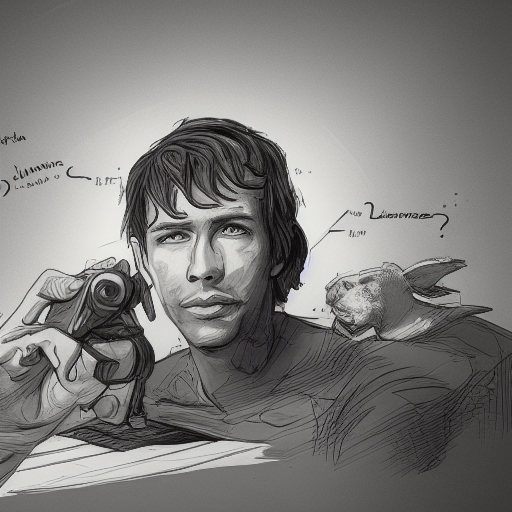
From https://manifold.markets/post/in-defense-of-sbf:
Call me overconfident, but I expect to be a billionaire someday.
If @Austin ever becomes a billionare (in 2022 dollars), this resolves to YES. When Austin dies or our financial system as it currently works ceases to exist (such as switching to some form of post-scarcity economy), this resolves to NO.
If Austin asks me to resolve this market N/A, I will do so.
The resolution criteria seems to favor NO.
https://www.statista.com/topics/2229/billionaires-around-the-world/#topicOverview
Base rate by number of billionaires in the world is orders of magnitude off the question probability.
@jgyou ? I'm too lazy to read it right now in detail tbh, but skimming it it seems you think the probability should be <= 2.5% ?
"If [assumption] we'd expect about 2.5% of seed-stage investments (at least those made on AngelList) to become unicorns."
@jgyou I don't know about "probably". My statement was only conditional on the simplest of base rates. Also I'm not sophisticated enough to even guess how much of that $1B valuation you might expect to be converted into actual income for such unicorns.
@StevenK If you mean that everyone is a billionaire while the cost of items remains the same as it is today, I have a hard time seeing how that wouldn't be a post-scarcity economy.
@IsaacKing Why? Just because everyone has an asteroid palace or whatever, that doesn't mean people don't want two asteroid palaces. I do agree that in practice it's likely that this kind of growth would be accompanied by enough upheaval to also change the financial system.
@StevenK Suppose in 20 years a kind of AI-driven industrial revolution begins that increases GDP growth by 10x. 26% annual growth means 1000x in 30 more years, so you get as many billionaires as you now have millionaires. Maybe nothing like that will happen, and I think if it does it will be a lot more explosive and destructive, but if you're starting at 5%, considerations like this add meaningfully to that.
